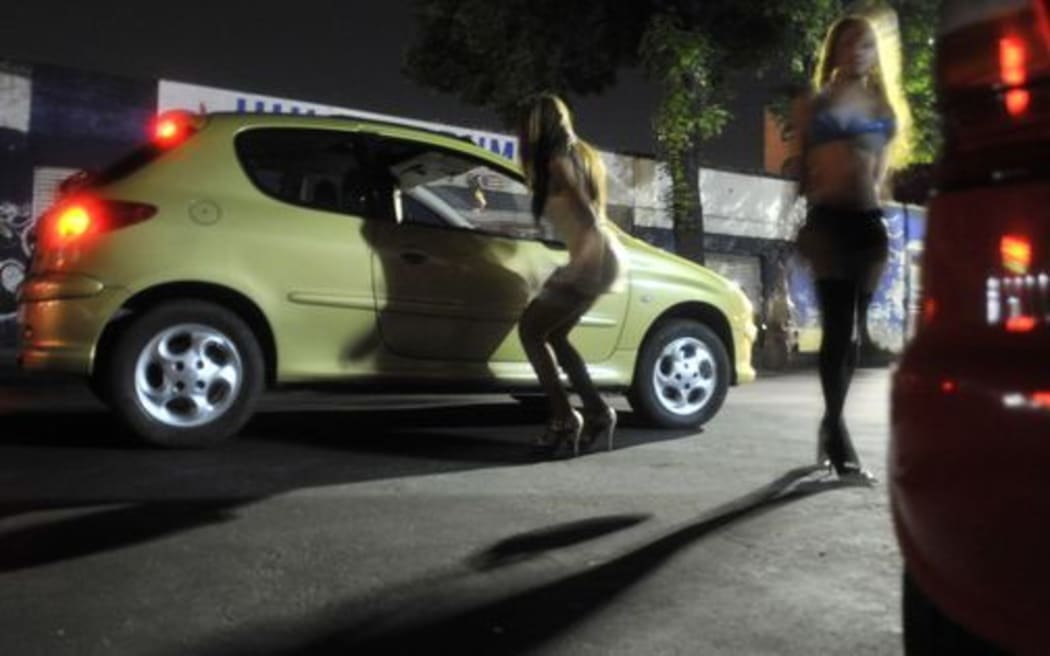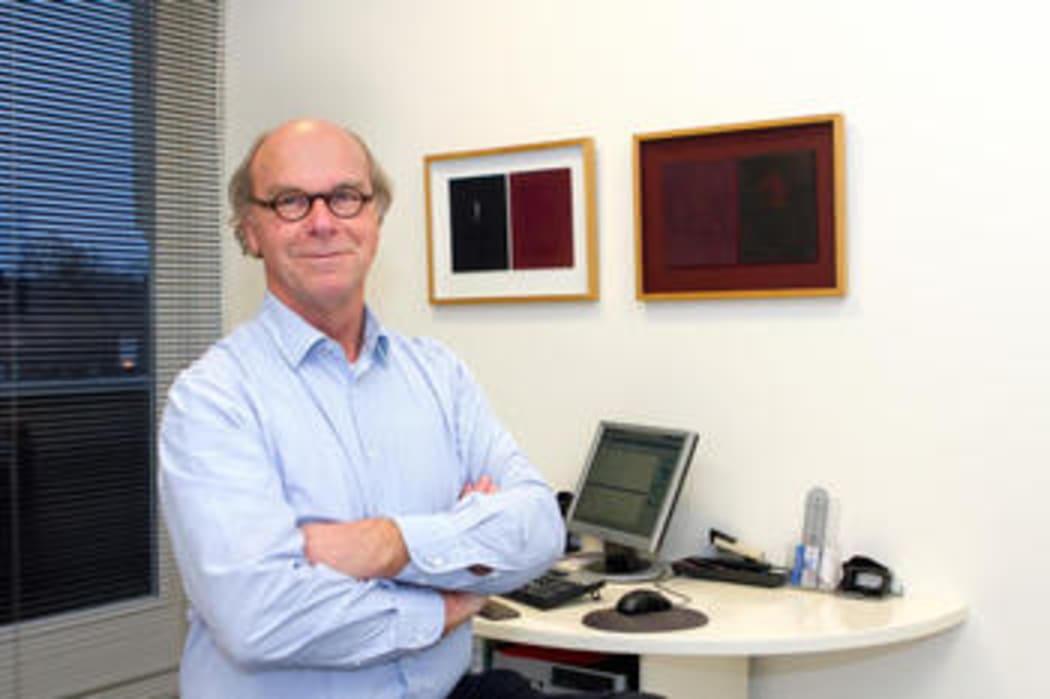New Zealand’s decriminalised sex work model is a world leader and works in the favour of local prostitutes, a research from The Netherlands says.
Joep Rottier visited Aotearoa for several months in 2015 and 2016 and talked to people across the sex industry after he learned of New Zealand's unique model that sees both sex workers and clients decriminalised - a model he describes as both pragmatic and rational.

Photo: AFP
Rottier joined Kim Hill to rebut some of the comments made by radical feminist Julie Bindel, who spoke last week about what she believes to be the deleterious effects of New Zealand's liberal sex work regime.
He says many countries around the world have struggled with the question of how to manage the sex industry and many have chosen to repress and moralise it.
“New Zealand is the only country in the world that decided, in 2003, to decriminalise the entire voluntary commercial sex work. That surprised me, and that made me curious and that was the reason why I wanted to start research on the effects.”
The common presumption that sex work in The Netherlands is also decriminalised is not true. It was the government’s intention but was derailed by concerns over human trafficking.
“The policy changed from decriminalisation, that was the intention in the beginning, but it became legalisation. The difference between The Netherlands and New Zealand is that The Netherlands legalised the sex industry and New Zealand decriminalised it. What is similar is that both countries see sex work as work and acknowledge it. Acknowledge that sex workers have their own agency.
“However, the difference is that the Netherlands has legalised it which means that they accept prostitution and the existence of sex work, however there are a number of very specific prostitution related regulations which doesn’t apply to other services. So, that means that this policy creates a two-tiered system of a legal and illegal circuit."
He says the other big difference is that New Zealand considers the sex industry like any other service industry with the same responsibilities, duties and rights.
Julie Bindel said last week that if one is desperate enough to be a sex worker, one cannot be making a rational choice. Rottier disagrees.

Joep Rottier Photo: supplied
“It’s the voice of the abolitionist. What has to be eradicated is forced sex work. We have to respect that there are a group of people who chose this occupation, it could be economic reasons, it could be other reasons, and we have to respect them and we have to respect their decision to enter or leave the sex industry.
“Comparing the situation prior to 2003, sex workers now have the opportunity to feel protected by the police or by the justice system and that makes them more comfortable to operate.”
However, Bindel said that while women who are working in the industry might say they don’t feel exploited, when they get out they describe the work as horrible. She compared it to women who have left abusive partners.
Rottier says he doesn’t like the comparison.
“It could be that some sex workers are glad to stop the job, but I don’t think that’s typical for prostitution or sex work, that could also occur in other occupations.”
Bindel is a supporter of the so-called Swedish model, which criminalises the client, but not the worker. Rottier says it’s not an effective solution and can have a deleterious effect on sex workers who have to make quick decisions about whether they can trust a client won’t get arrested. This pushes them to more underground areas of the city and potentially puts them in more danger, he says.
Joep Rottier has recently completed a PhD at the Universiteit Utrecht in The Netherlands, entitled Decriminalization of Sex Work: The New Zealand Model.

